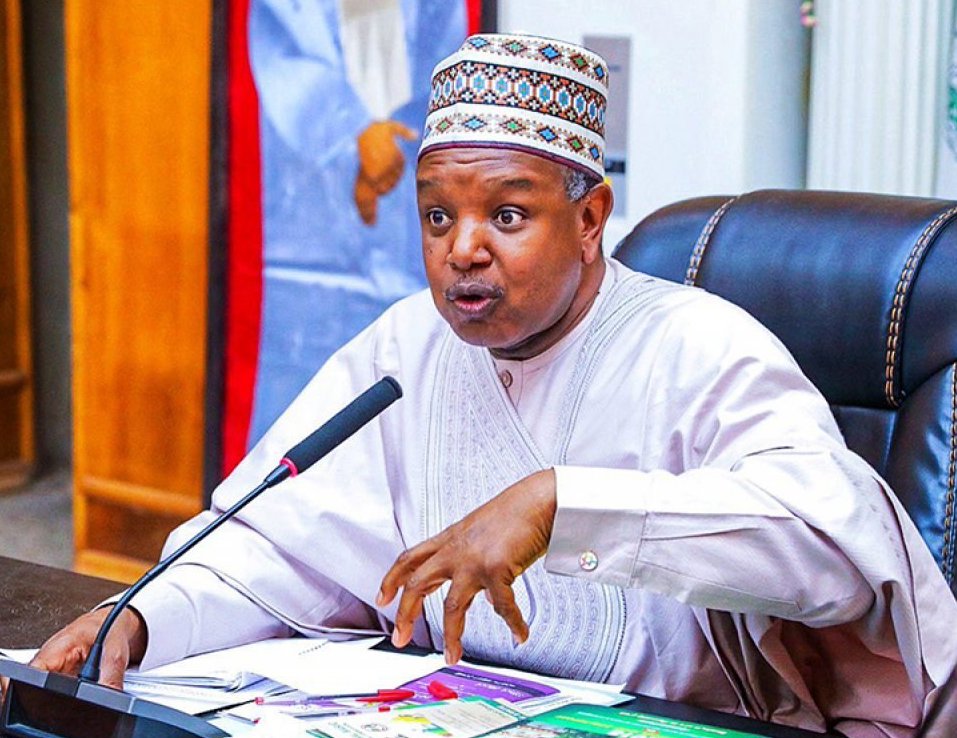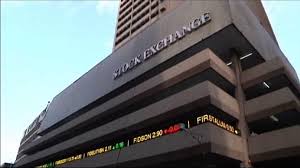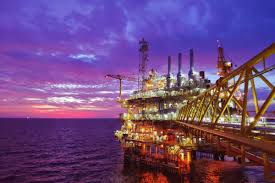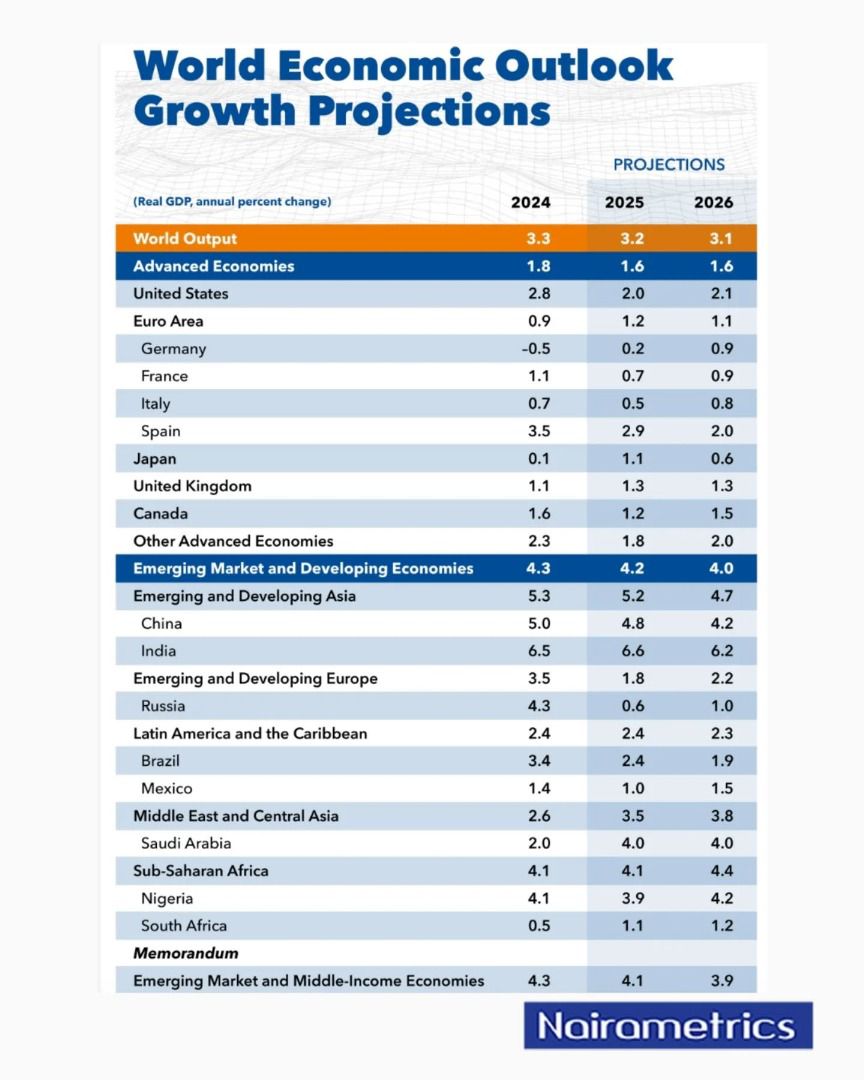In the heat of Abuja’s sun and policy ambition, Nigeria has just set a new energy target — and this one is bold. The country says it plans to refine all the crude oil it produces — right here at home. Not just to cut costs or end fuel importation headaches, but to become the refinery engine of Africa itself.
At a conference held in Abuja, Nigeria’s Minister of Budget and Economic Planning, Senator Abubakar Atiku Bagudu, laid out the vision: “Our goal is to refine all the crude oil produced in Nigeria and even support refining efforts in other African countries.”
That’s not just talk. The push comes at a time when the Economic Community of West African States (ECOWAS) is partnering with S&P Global Commodity Insights to turn West Africa into a serious player in the global refined fuel trade.
Crude Oil: From Export to Empowerment
For decades, Nigeria has been exporting crude and importing refined petrol — a bit like sending your cassava to another country, only to buy back the pounded yam. It hasn’t made much sense to ordinary Nigerians, especially when fuel queues stretch longer than wedding guest lists.
But now, with refineries like Dangote’s massive plant in Lagos already in the mix — even if still ironing out supply kinks — the idea is to turn the tide. The plan is for Nigeria not just to meet its own energy needs but also to become a hub for regional supply and refined product trading.
“Yes, we’re still importing some crude to start with,” Bagudu admitted. “But our investments in refining, compressed natural gas (CNG), and energy transition will change that very soon.”
ECOWAS Joins the Fuel Party
At the same event, officials from ECOWAS and S&P Global revealed a strategy to make West Africa a recognised fuel trading zone on the global map — something Africa has never had.
Currently, places like offshore Lome, Ghana, and Senegal already trade an estimated two million metric tonnes of refined fuel. The idea is to use that activity to launch a West African benchmark fuel pricing hub, similar to what exists in Singapore or Rotterdam.
“Africa is not currently on the list of global benchmark hubs,” said Farouk Ahmed, head of the Nigerian Midstream and Downstream Petroleum Regulatory Authority (NMDPRA). “But that’s about to change.”
The mood in the room was clear: enough of being just a resource basket. It’s time to shape the market.
What’s Needed to Make It Work
Prof Zainab Gobir of the NMDPRA didn’t sugarcoat the work ahead. She outlined what it will take: stable refinery operations, strong supply logistics, solid regulation, and harmonised market policies across countries.
“Nigeria, Ghana, Côte d’Ivoire, and Senegal are key players in building this fuel trading corridor,” she said. “But without infrastructure and investment, it’s just a dream.”
She called on development banks and private investors to put their money where the oil is — and fund the necessary pipelines, terminals, and storage to bring the vision to life.
A Nation Remembers
Meanwhile, away from the fuel ambitions, the Nigerian House of Representatives held a solemn session to honour former President Muhammadu Buhari, who passed away at age 82.
Speaker Abbas Tajudeen said Buhari had left “an indelible mark on Nigeria’s legislative and democratic landscape.” It was a rare moment of unity in the usually noisy chamber, as lawmakers took turns to remember the former leader.
Buhari’s era, for all its contradictions, saw the signing of Nigeria’s landmark Petroleum Industry Act — one of the very laws now shaping this local refining ambition.
Nigeria’s dream of 100% local crude refining is more than policy-speak. It’s an economic bet — one that could boost jobs, cut fuel import bills, and create a new class of energy entrepreneurs. Add to that the ECOWAS fuel hub plans, and West Africa could soon move from being just a market to becoming a market maker.
Now the only question is — can we match our big ambitions with real delivery?
As one tired Abuja taxi driver put it:
“If they like, let them refine everything. Just let me buy fuel without sweating like I ran from Nyanya to Wuse.”
Only time (and action) will tell.





